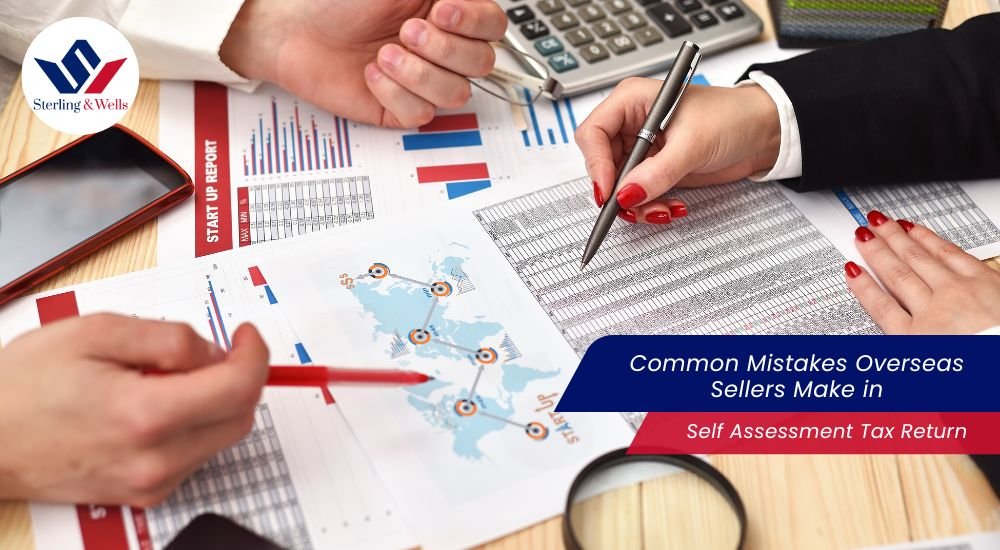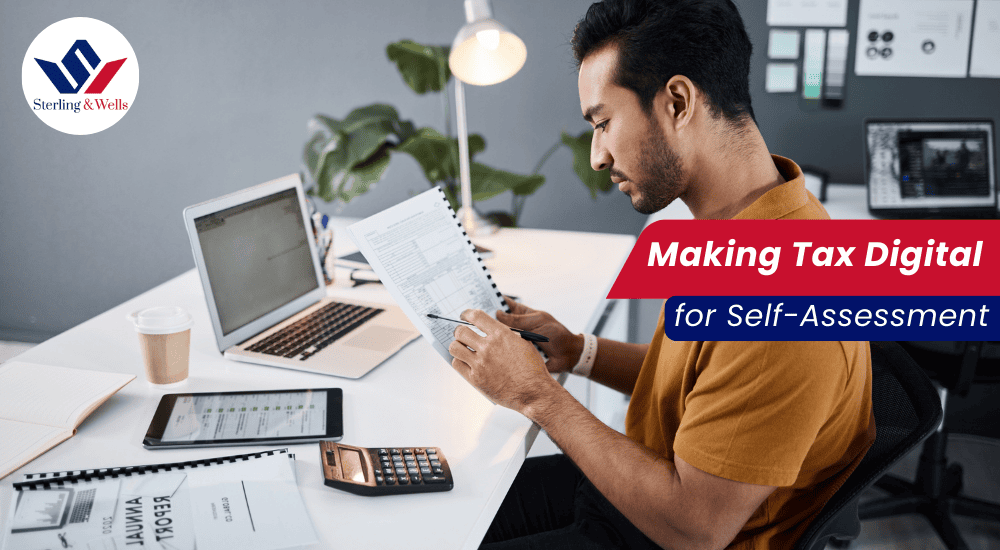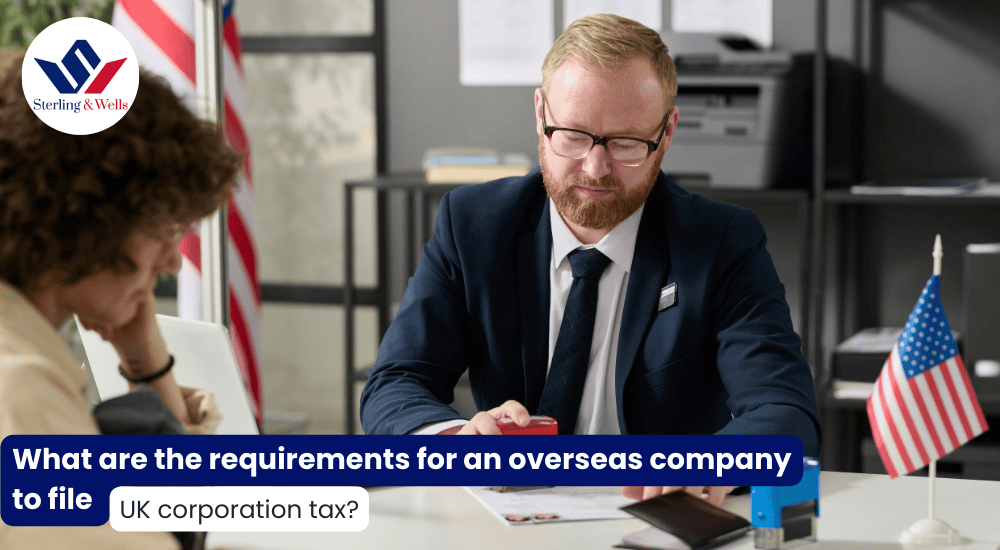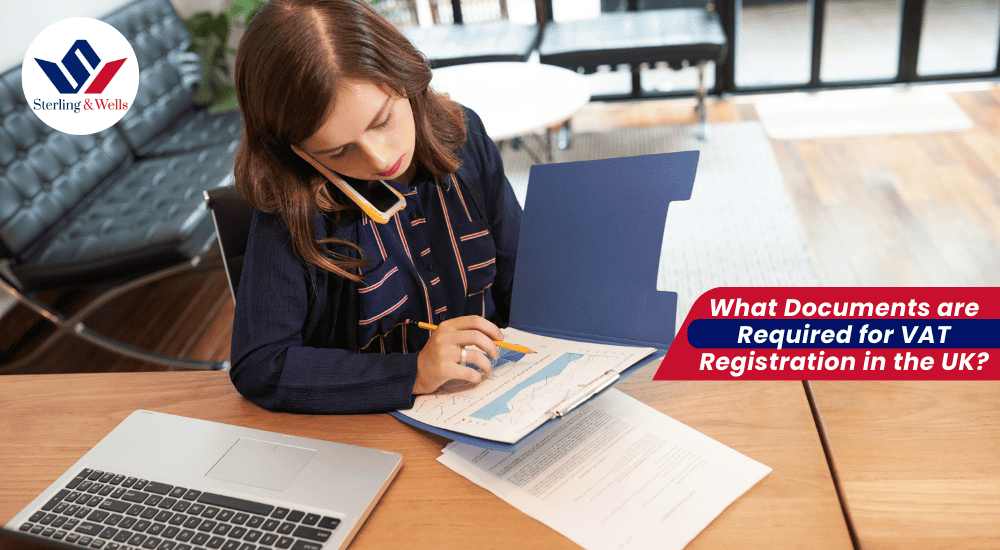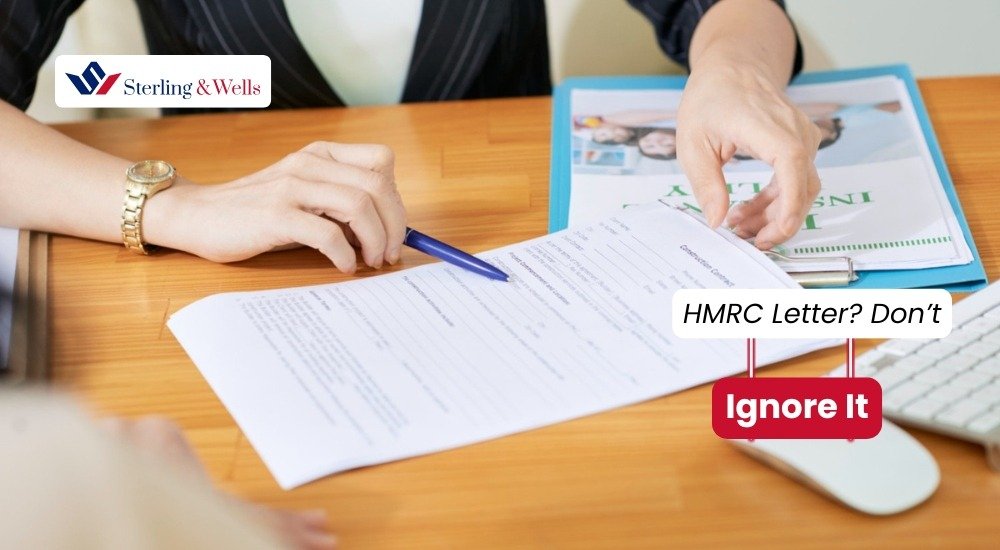If you’re an overseas seller with business interests or property in the UK, navigating the Self Assessment Tax Return system can feel intimidating. You might wonder what exactly you need to report, which deadlines apply, and how to avoid costly mistakes that could lead to penalties or unexpected tax bills.
The good news is that many of these challenges arise from common, preventable errors. By understanding where overseas sellers often go wrong, you can take simple steps to stay compliant and confident when dealing with HMRC.
This article explores those common pitfalls and offers practical insights to help you avoid them, ensuring your Self Assessment process runs smoothly from start to finish.
Understanding Your UK Tax Obligations as an Overseas Seller
Before diving into mistakes, it’s crucial to understand what your obligations actually are. If you earn income from UK sources—whether from property rentals, online sales, or services—you’re usually required to complete a UK Self Assessment Tax Return.
This means submitting the main SA100 form and, depending on your income type, additional sections such as the Foreign (SA106) or Property (SA105) pages. Even if you live abroad, UK tax may still apply to your income arising in the UK. Similarly, if your business turnover reaches the VAT threshold, you’ll need to register for VAT and submit VAT returns.
Having a clear grasp of these basics ensures that when it comes time to file, you’re less likely to overlook key information or miss important deadlines.
Mistake 1: Missing the Registration Deadlines
One of the most frequent errors among overseas sellers is failing to register for Self Assessment on time. Many assume registration can wait until the tax year ends, but delays can quickly result in penalties.
You’re expected to register as soon as you have UK taxable income. The deadline is 5 October following the end of the tax year in which you started trading. For instance, if you began selling in the 2024–25 tax year, you must register by 5 October 2025.
Missing this deadline can lead to an immediate £100 fine and further penalties for continued delays. Early registration gives you more time to prepare, reducing stress when the filing deadline arrives.
Mistake 2: Overlooking Foreign Income and Double Taxation Relief
Many overseas sellers mistakenly think they only need to declare UK income. However, your Self Assessment return may also require disclosure of foreign income—especially if it affects your UK tax position or double taxation claims.
The UK has treaties with numerous countries to prevent you from being taxed twice on the same income. But to benefit, you must report both your foreign earnings and the tax already paid abroad, typically through the SA106 form.
Failing to declare this information accurately can lead to unnecessary tax liabilities or trigger an HMRC inquiry. Getting this section right ensures you only pay what you truly owe—and nothing more.
Mistake 3: Incorrect Use of Exchange Rates
When declaring income in foreign currencies, the exchange rate you use matters. HMRC expects you to convert amounts into pounds sterling using either the official rate on the date you received the income or a reliable annual average rate.
Using unverified or inconsistent rates can distort your taxable income, making your figures appear inaccurate. This is one of the most common technical mistakes among overseas taxpayers, and it’s easily avoided with careful attention to official HMRC rates or professional guidance.
Mistake 4: Not Submitting the Correct Supplementary Forms
Submitting only the main SA100 form is rarely enough if you have income from multiple sources. Overseas sellers often forget to attach supplementary forms such as the SA106 for foreign income or the SA105 for property income.
Incomplete submissions can delay processing, invite HMRC queries, or even invalidate relief claims. By reviewing your income streams before filing, you can determine exactly which forms are needed to ensure your return is both accurate and complete.
Mistake 5: Missing the Filing and Payment Deadlines
Even if your tax calculations are perfect, missing key deadlines can still result in penalties. Paper returns must be submitted by 31 October, while online submissions are due by 31 January following the end of the tax year. Any tax owed must also be paid by the same January date.
Late submissions lead to automatic fines starting at £100, with interest and further penalties added over time. Given the added complexity of foreign income and multiple time zones, preparing early is your best safeguard.
Working with a trusted advisor helps you stay organised and ahead of deadlines—avoiding last-minute stress and unnecessary costs.
Mistake 6: Neglecting VAT Registration and Compliance
VAT compliance is another area where overseas sellers can stumble. If your sales to UK customers exceed £85,000 in a 12-month period, you must register for VAT. Ignoring this requirement can result in backdated liabilities, fines, and even restrictions on trading.
Many overseas sellers focus solely on income tax and overlook VAT entirely. Ensuring that your business meets both obligations is crucial, especially as VAT rules for cross-border transactions have evolved since Brexit.
Mistake 7: Misunderstanding Allowable Expenses and Deductions
Failing to claim legitimate business expenses—or claiming ones that don’t qualify—can both cause problems. You might pay more tax than necessary or risk an HMRC review.
Common allowable expenses for overseas sellers include shipping and delivery costs, advertising, platform fees, and property-related costs for UK rentals. Each claim must be supported by receipts and directly connected to your business activities. Keeping well-organised records throughout the year makes this process straightforward and defensible.
Conclusion: Navigating Self Assessment with Confidence
Handling Self Assessment as an overseas seller can be challenging, but understanding these common mistakes makes the process far more manageable. With careful planning, clear records, and timely submissions, you can meet your obligations without unnecessary penalties or stress.
For those who prefer expert help, Sterling & Wells provides specialised tax services for overseas sellers—from Self Assessment filing to VAT compliance and double taxation relief. Their guidance helps simplify complex requirements, ensuring you stay compliant and avoid pitfalls.
If you’re ready to make your next tax return easier and more accurate, consider getting in touch with Sterling & Wells. A quick consultation could save you time, reduce your risk, and help you keep more of what you earn while staying fully compliant with UK tax law.
